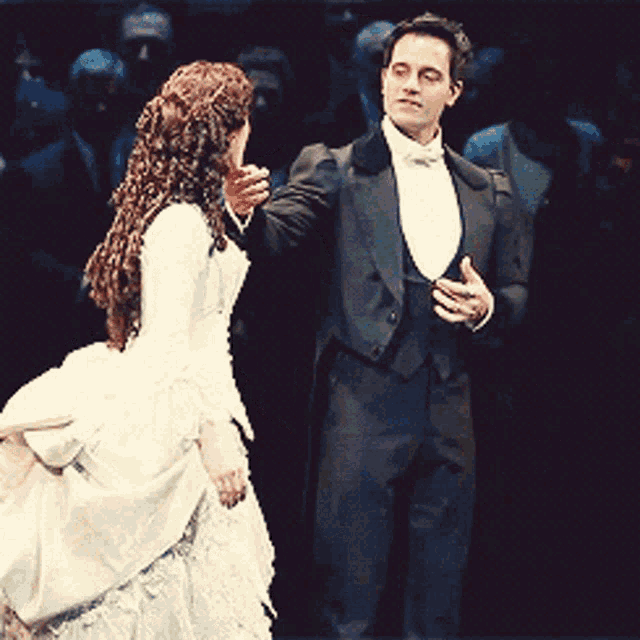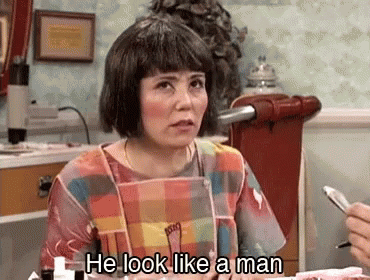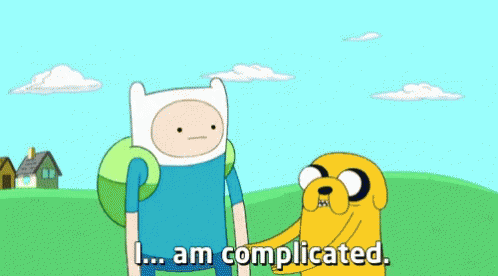
My perspectives on racism and correction is that people of color are incarcerated more often than whites. Systematic racism seems partial to the cause of the racialization issue in correctional settings. The population percentage is different for each state, and it affects the prison population. In many cases, prisoners may be remanded to other prisons to relieve overcrowding and adjust the prison population's racial ratio. Depending on the types of crimes that have been committed, the justice system attempts to address this issue after the matter has been heard and been tried.
In the film 13Th, the issue of racism in corrections is not a shocking one since imprisoning people of color, predominantly Blacks, historically dates back to the 1800s. I think that a social burden does exist among people of color. As a result, Whites also encounter racial injustices. The term racism has developed into a radicalized term that affects every race in the United States. The correctional system bears a portion of this burden reflection due to the disproportionate structure of state laws. The laws differ from state to state; for example, the gun laws, under the constitution, everyone in the United States has the right to bear arms, but some states may have different stricter requirements and restrictions than other states in regards to the right to carry them. Therefore, the number of people incarcerated due to gun crimes may differ, therefore, may not reflect the population.
Privatizing Prisons is usually a process of determining who is entitled to become a stakeholder of a prison establishment. Federal regulations will still apply to prison practitioners that seek to open independent prison programs. Whether or not stakeholders should be part of the decision table seems to be a determination that most likely is addressed through a chain of command in which that prison was designed to structurally function as.
Keeping people out of jails and prisons by offering probation and parole can be a good solution to the overpopulation in prison. Some people may want to take the option if granted over dealing with the pains that accompany prison time. I do not think there is too much of a problem with being put under community surveillance as part of a parole or probation condition or program. So long that the participants are aware that such supervision is being undertaken.
Finally, the quote that stood out to me the most is: We are a nation that professes freedom, yet we have this mass incarceration - this hyper incarceration - that is trolling into, grinding into it, our most vulnerable citizenry, and it is overwhelmingly biased towards people of color. by Cory Booker (U.S. Senator), in my perspective points out the transitionary periods of freedom between the incarcerated states of social balances and liberties.

References:
Scott, W. D. (2015). Investigating the need for transparent disclosures of political campaign contributions and lobbying expenditures by US private prison corporations. Accounting and the Public Interest, 15(1), 27-52.
Gardiner, R. E. (1982). To Preserve Liberty-A Look at the Right to Keep and Bear Arms. N. Ky. L. Rev., 10, 63.








